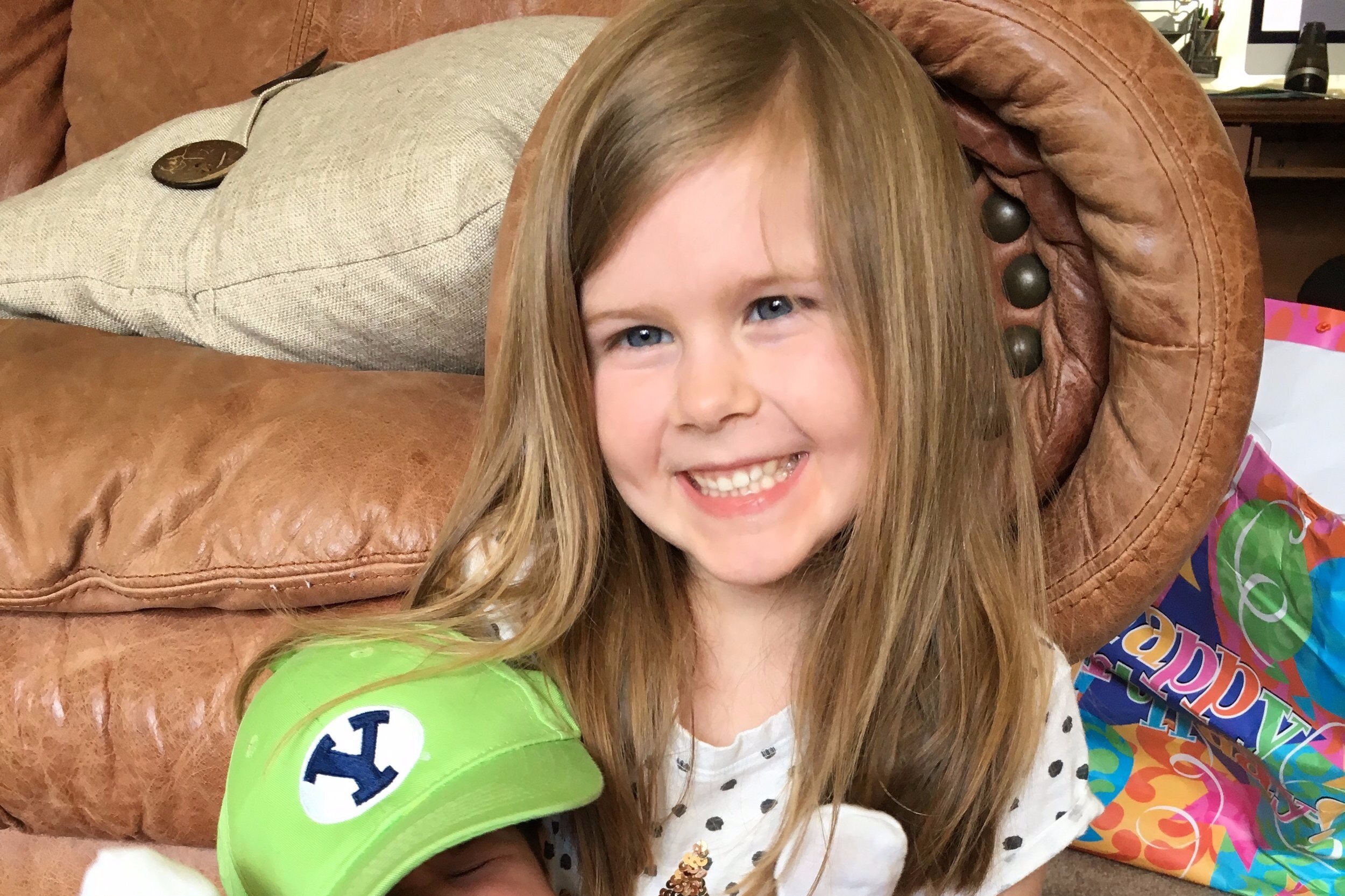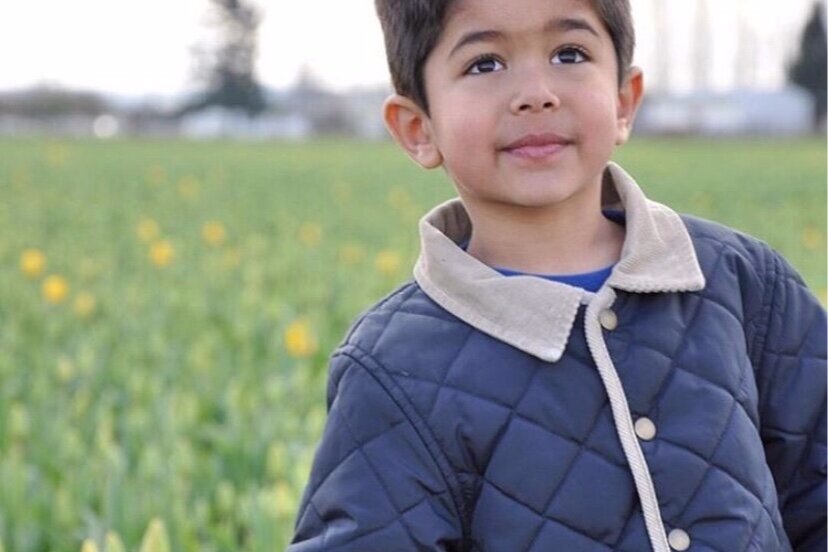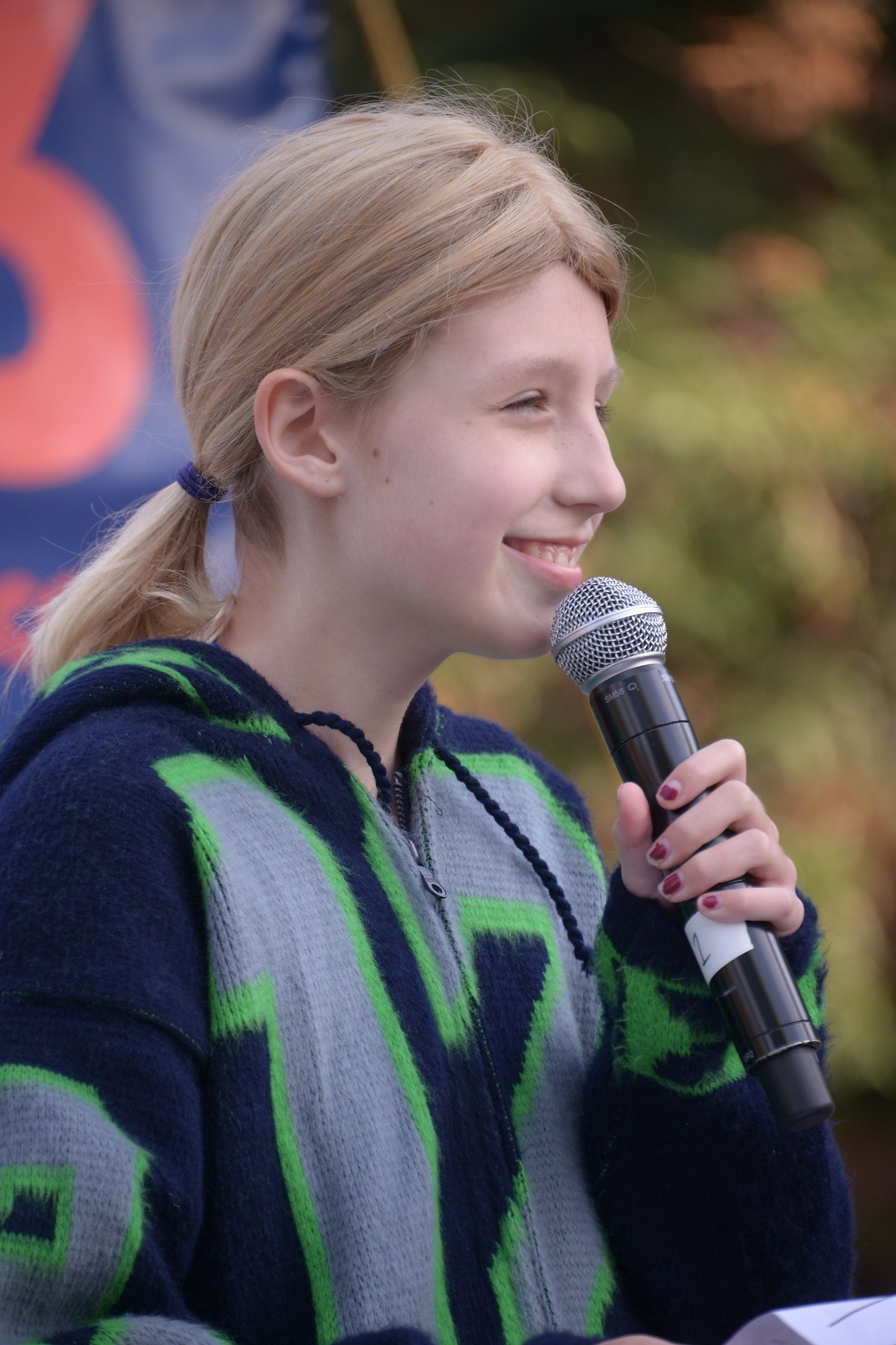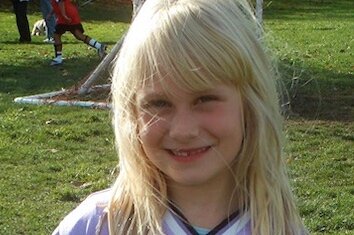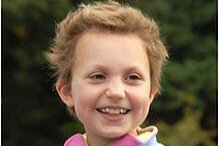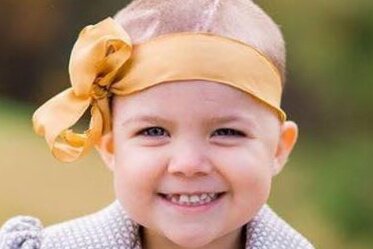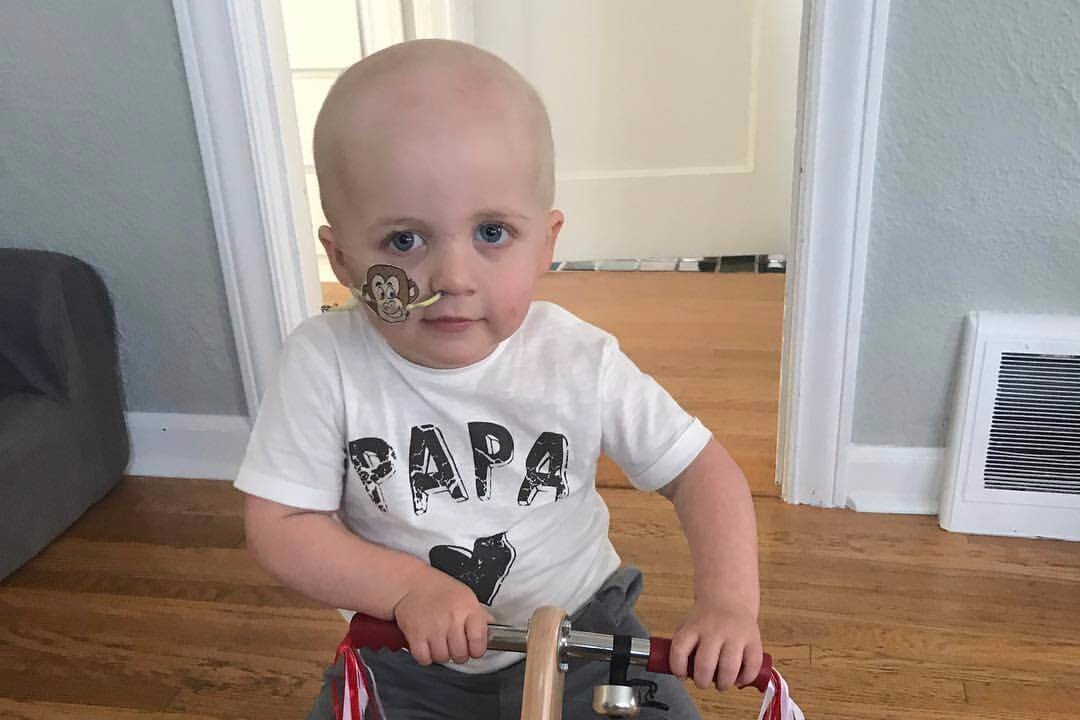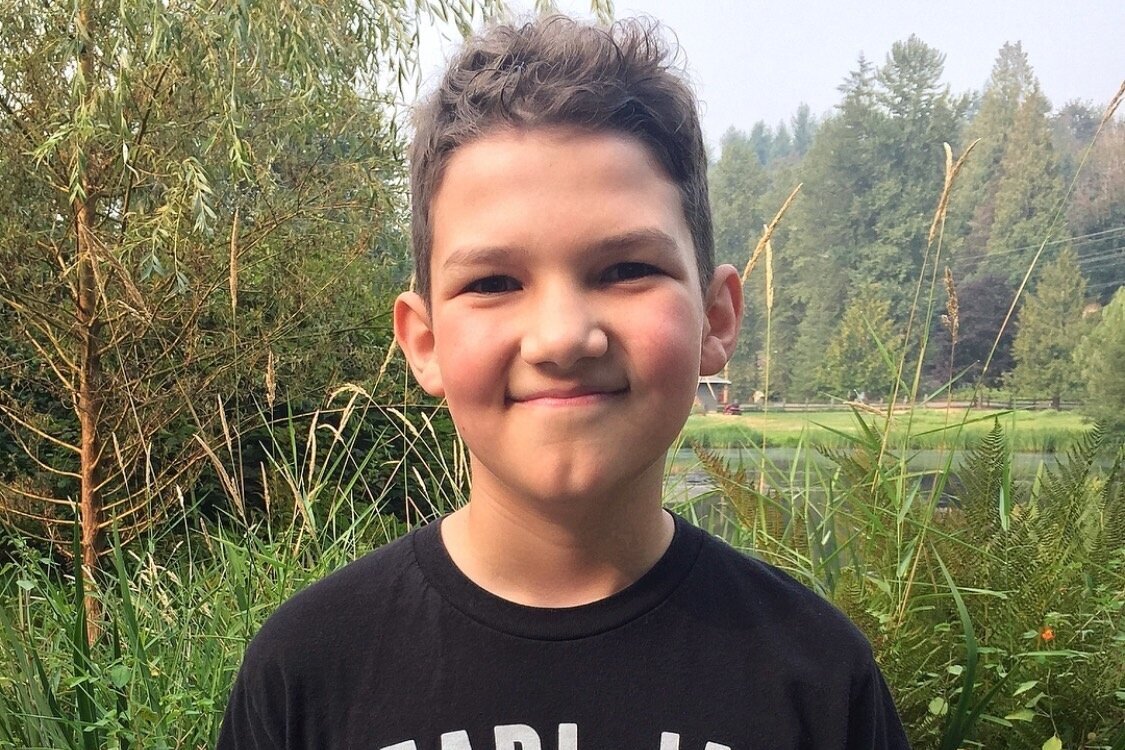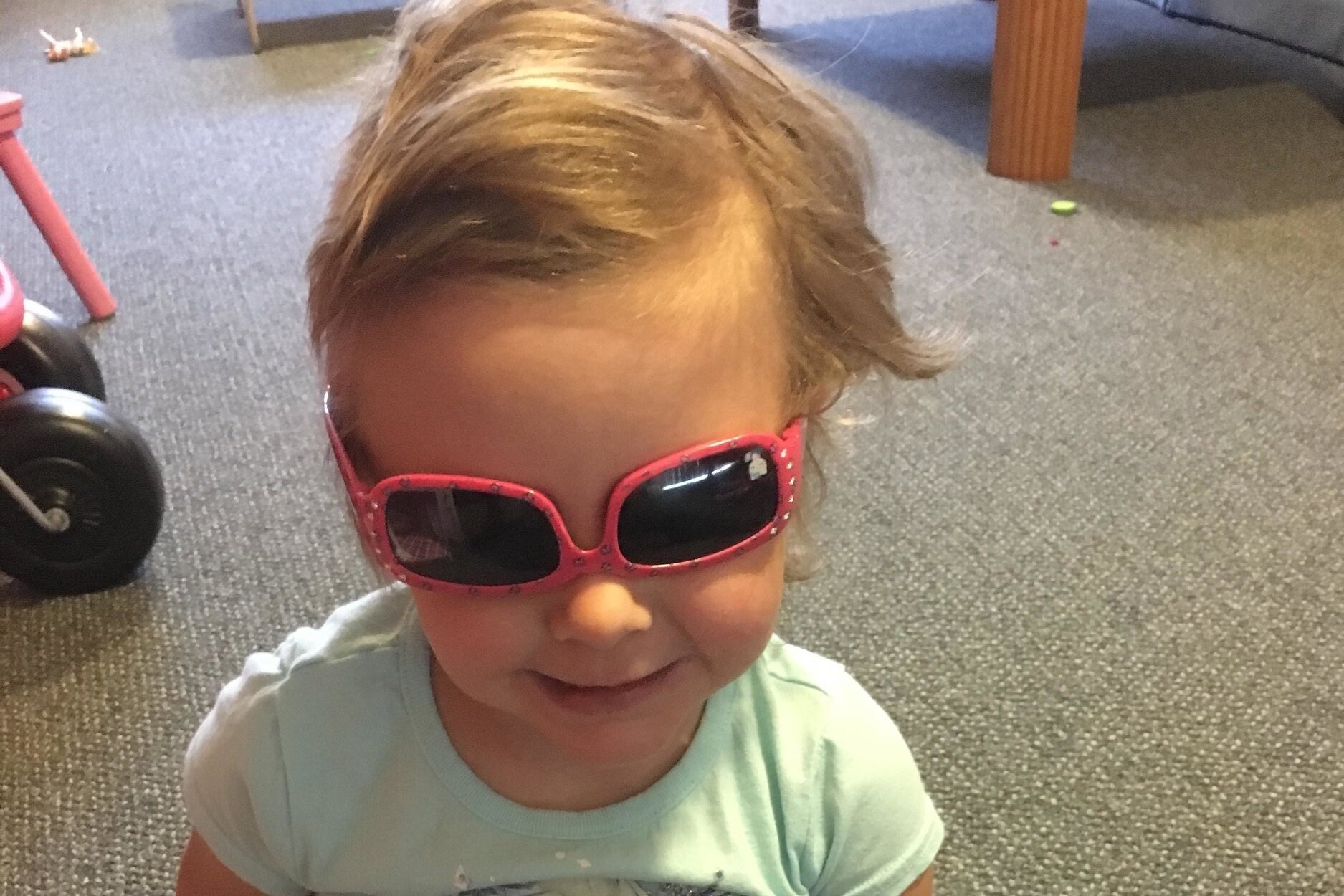Keaton
There was no question about it: Keaton was his father's son . . . sweet, smart, and very clumsy. However, two months after he learned to walk, his gait was still wobbly. Numerous trips to the pediatrician produced numerous reassurances that he was developing normally. But, as it turned out, we had reason to be worried. A subsequent MRI detected a tumor on the back of Keaton’s brain. He was admitted to Seattle Children's Hospital for surgery and there, neurosurgeons removed a malignant tumor, a medulloblastoma, from his brain. Even more devastating, a MRI of his spine prior to surgery revealed that the tumor had metastasized down his spine.
This was the worst possible news. Because of Keaton’s young age (16 months), he was already considered to have a poor prognosis. That he had the metastatic form of this disease diminished his chances even further. In an effort to rid Keaton’s body of the cancer, he endured six rounds of high-dose chemotherapy, the final three treatments followed by a stem cell transplant after each dose. The chemotherapy was followed by six straight weeks of daily radiation treatment. Keaton was not even two years old.
Fortunately, Keaton responded to this intensive treatment. After four months of chemotherapy and six weeks of radiation, the tumor and dropmets in his spine appeared to be gone. A spinal tap detected no malignant cells. Keaton’s positive progress is a direct result of the research performed at the Olson Neuro-Oncology Lab at Fred Hutchinson Cancer Research Center which operates in partnership with Children’s Hospital. Throughout Keaton’s treatment, we took some comfort knowing that his plan was based upon the latest research available.
While we are grateful that Keaton responded to his treatment, no child should ever have to endure brain cancer. Please join us in supporting research that will result in better treatments and cures for kids with brain tumors.



